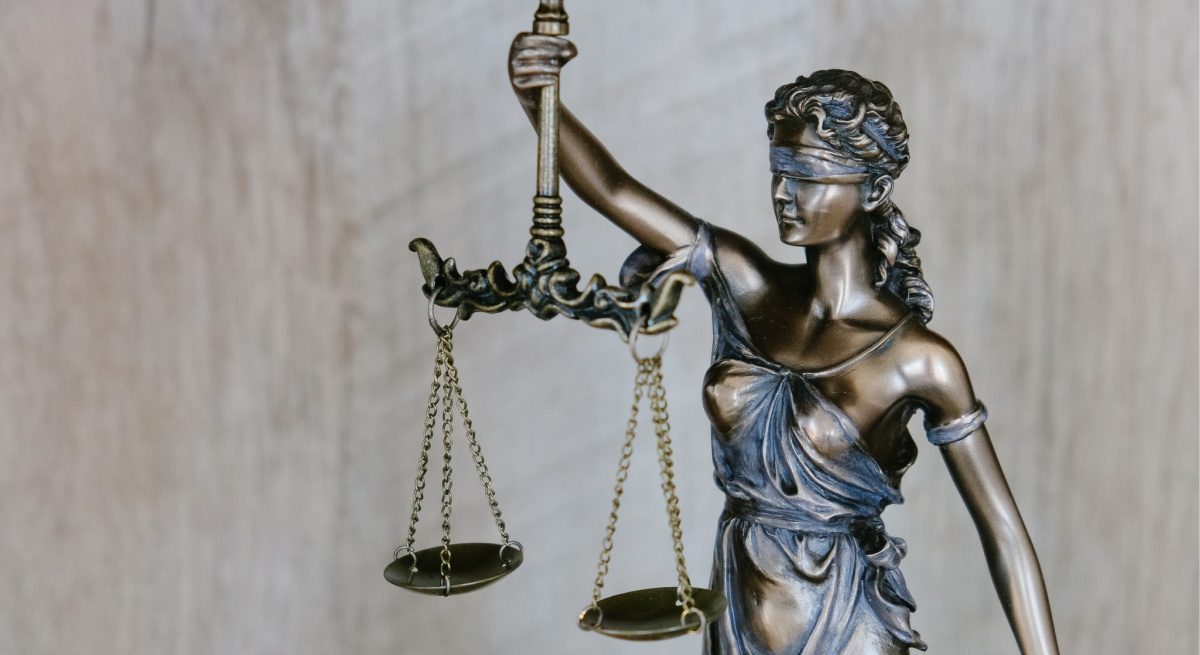Georgia Judge Serves Ruling for Restaurants Hoping Business Income Insurance Will Cover COVID-19 Losses
3 Min Read By Christy Maple, Kristin Tucker
Although no industry has been immune to the economic devastation wrought by the COVID-19 pandemic, the restaurant industry has been among the hardest and most visibly ravaged. Restaurants around the country shuttered their dining rooms for months due to COVID-19, most in direct response to state and local orders mandating their closure. Unfortunately, many will never re-open.
As the surviving restaurants reopen and attempt to regain solid financial footing, many will look to their business insurance policies to try to recoup the income they lost. However, a recent ruling from a federal judge in Georgia may mean restaurant owners need to look elsewhere for financial relief.
In Henry’s Louisiana Grill, Inc. v. Allied Insurance Company of America, two Georgia eateries sued their insurer after it refused to reimburse them for business income the eateries lost when they closed their doors in response to the Georgia governor’s executive order declaring a state of emergency in response to COVID-19.
Restaurants’ Claims Hindered by “Direct Physical Loss” Requirement
The eateries claimed their lost income should be covered under two common business insurance policy provisions — now routinely cited by insureds seeking coverage for COVID-related business losses — the Business Income provision and the Civil Authority provision:
The Business Income provision provides the insurer will pay for business income losses sustained due to a necessary “suspension” of operations, provided the “suspension” is caused by “direct physical loss of or damage to” the premises.
The Civil Authority provision provides the insurer will pay for business income losses sustained when property other than the insured’s is damaged by a “covered cause of loss”– defined as “direct physical loss” – and action by a “civil authority” prohibits access to the insured’s premises, provided certain conditions are met.
Thus, to recover under either provision, there must be a “direct physical loss” to property. In Henry’s Louisiana, the Georgia court found that the restaurants had failed to show the requisite damage to either the insureds’ premises or to property other than the insureds’ and dismissed their case, determining there was no coverage for the businesses’ COVID-19 losses.
Under the Business Income provision, the eateries argued that the “direct physical loss of or damage” requirement was met because once the governor’s executive order was issued, their dining rooms were no longer physically available to patrons. The judge rejected this argument, emphasizing that the dining rooms “underwent no physical change as a result of the order.”
The restaurants fared no better under the bid for coverage under the Civil Authority provision. The court rejected coverage for multiple reasons, chief among them that the restaurants had not pointed to “any particular property” in the vicinity that was actually damaged by COVID-19.
The 'Virus or Bacteria' Exclusion
Because the court found there had been no direct physical loss and therefore the policy had not been triggered, the court did not consider whether the policy’s “virus or bacteria” exclusion also prevented the restaurants from recovering.
The virus or bacteria exclusion is a common exclusion added by many insurers after the global SARS outbreak in 2006. The exclusion provides that an insurer will not pay for any loss “caused by or resulting from” any virus. This exclusion is certain to take center stage in many cases as insureds in every industry attempt to recoup their COVID-related losses.
Court Decisions Across the Country
Although the ruling in Henry’s Louisiana Grill was the first of its kind in Georgia, a growing list of courts across the country have denied restaurants’ and other businesses’ bids to recover business income lost due to shut-downs related to COVID-19, finding that the businesses cannot show their business income losses were due to “direct physical loss” as required by the policies. The gist of many of these rulings is that government shutdown orders do not constitute a "direct physical loss" that triggers the policy.
The news for insureds, however, is not all bad. A federal judge in Missouri has refused to throw out a group of cases brought by restaurants and hair salons, finding that because the businesses claimed COVID-19 was present on the premises and rendered them unsafe or unsuitable, those plaintiffs had adequately stated a claim for direct physical loss. The policies in the Missouri cases — unlike many policies — do not have a virus or bacteria exclusion.
The recent Georgia decision and similar cases mean that businesses face significant obstacles when seeking COVID-related business income losses from insurers. Still, these initial cases are early battles in what is sure to be an extended war between policyholders and insurers. It will not be surprising to have inconsistent rulings throughout the country. Business owners considering filing a business income claim with their insurer should check with an insurance coverage lawyer with respect to recent developments in their state.



